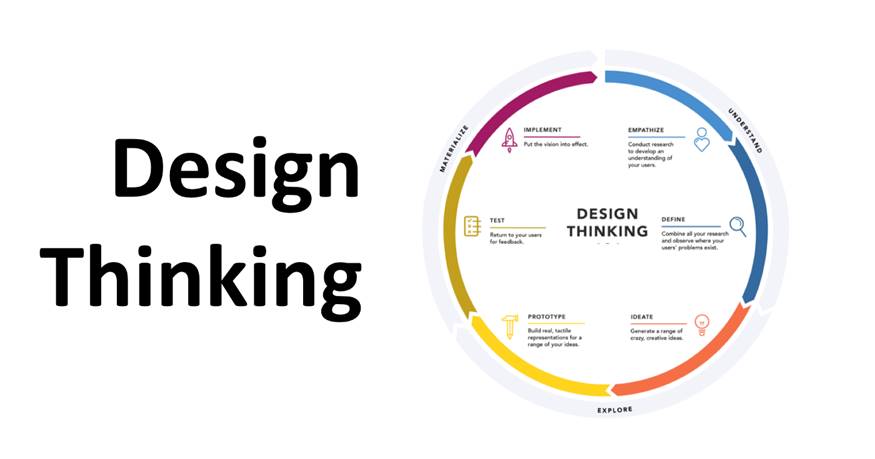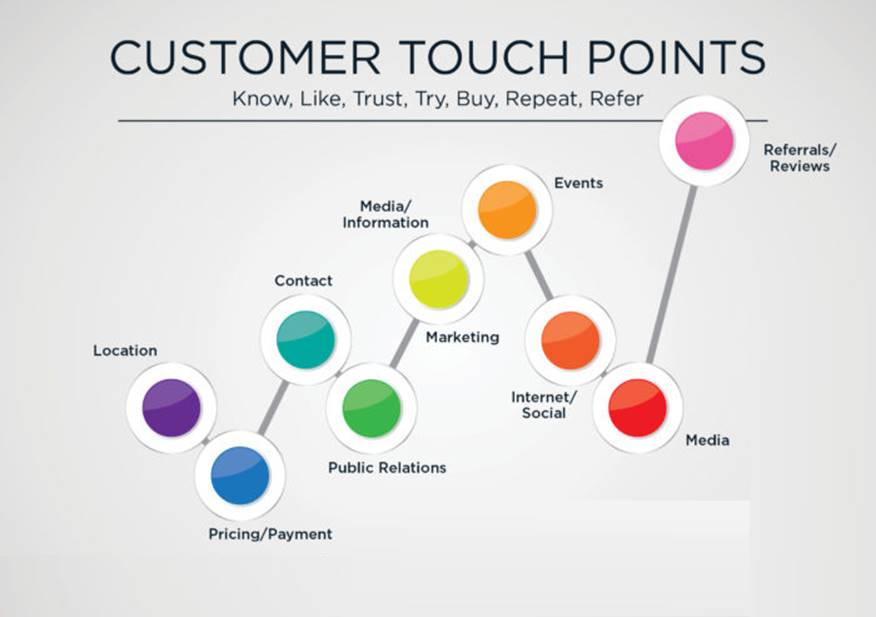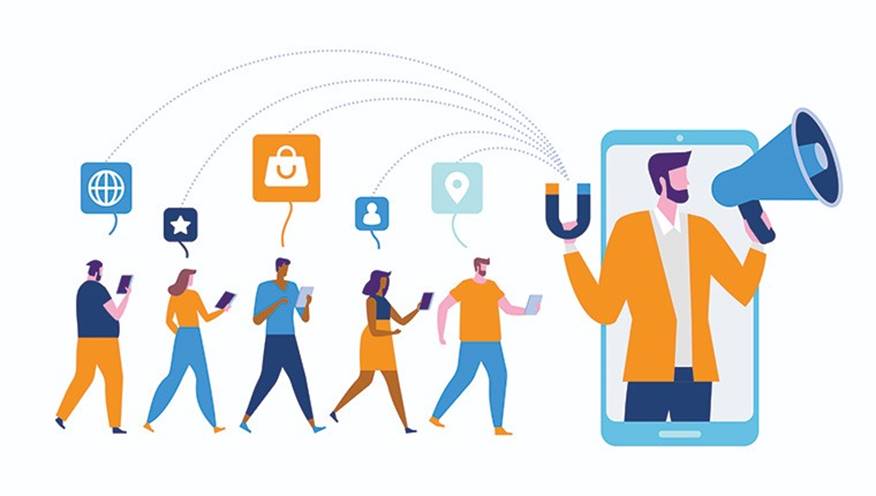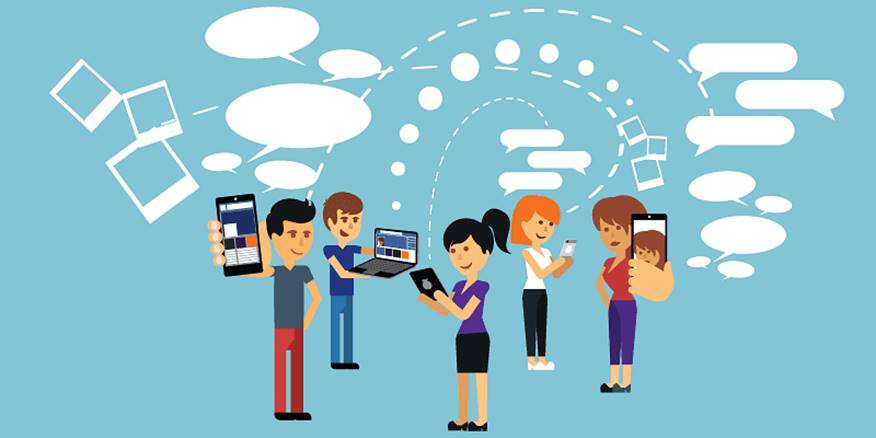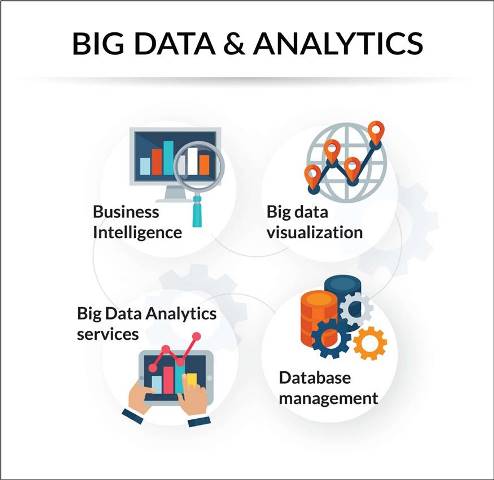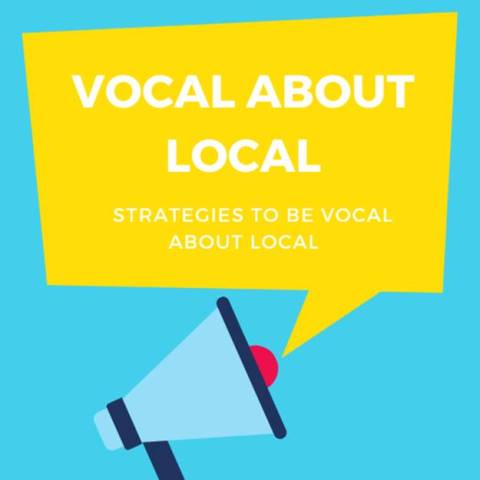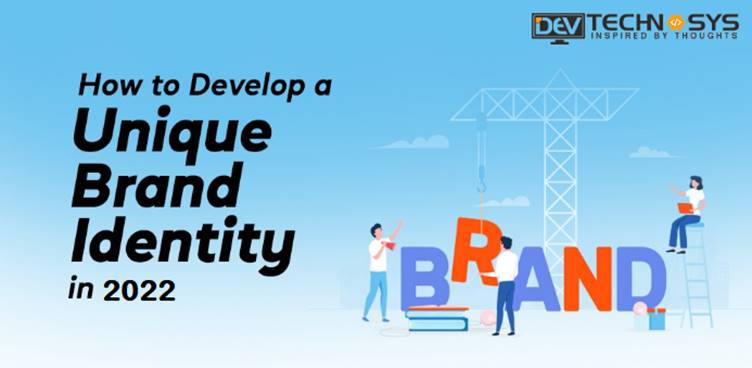
The need for digitization has gone high up in the year 2022. In this particular year, the survival strategies are replacing the brand identity development ones.
A pandemic has made the visionaries to sit up and take notice of the customers’ increasing liking for online platforms, a big change to adopt new normal.
The customers are to be targeted right at their doorsteps. While keeping the changing preferences of customers in mind, the branding strategies have to change too.
Some of the latest trends that have got to the forefront of brand development space are:
- More online solutions are under development
- Niche social marketing sites are targeted more
- The use of chatbots and explainer videos increased
- Personalization forming the essence of custom software development
- More focus on developing the brand’s store than listing on marketplaces
By taking cues from these emerging trends, we bring you here some useful tips to create a brand identity in 2022.
Table of Contents
1. Focus on Design Thinking
It is not that age when you choose to do the web development part first and then move to the promotion part.
We are the part of the jet age and your business has to have the immediacy element at the touch points too.
So, right from the designing part, the businesses have to focus on making the brand visible, reachable, and more user-friendly.
All these virtues emanate from design thinking. The brands hire dedicated developers of mobile apps, software, etc. and they use the benefits of design thinking, which are:
- Improving the product features and re-improve until the best experience is achieved
- Making the primitive design and test it repeatedly to check its functioning and its openness to advancements
- Revisiting the design start from any phase of development
- Use data-driven designing tools to bring better usability.
The aim of building a brand image is to become more easily and readily available.
The delivery expectations are high and the time limit to impress the customer is very limited.
In such a competitive environment, the brand identity depends enormously on how close you are to the customer expectations. Every touch point has to be sensitive to the user needs and fully responsive.
The ideas of hybrid applications are in free flow and these are gripping the business’s and consumers’’ interest alike.
Businesses achieve the responsiveness factor and make their apps easily accessible on iPhones, Android phones, and laptops, desktops. For similar reasons, the users, too, like the hybrid applications.
2. Bringing more tangibility to online touchpoints
The offline shopping volumes have reported a tremendous decline, to the extent that some brands have reported nil sales for the last few months in this year.
Thus, the roadmap ahead is full of survival challenges. This emergency sort of situation has given way to the development of online touchpoints that are quite relatable, usable, and capable of giving an in-person attendance kind of experience.
Thus, web development companies are making use of certain salient features in their attempt to build the brand identity of that of a ‘truly available’.
- Chatbot initiated welcome messages, guides, and help
- 3D models and VR features to give the shopper an in-showroom experience
- Quick resolution by bringing businesses on WhatsApp, and similar chat apps.
- Most advanced ordering support strengthened further by secure gateways
- Quick reorder and cancellation and fastest refund processes
- Most accurate tracking package information — customer kept in the loop at every step
3. Online advertising and promotion moves to niche social media
Everyone is on Facebook and Instagram, so why not your business, is not the call anymore.
The call rather is — why are you here as you can be lost in the crowd? So, the development of niche social media community accounts has been a trendsetting change in the brand identity development process.
The marketers are learning ways to cut the competition and be more specific in the choice of the audience for communications.
There is a need to become cost-effective too. These are a few of the changes the content developed by the brands have shown in recent times:
1. Blogging and influencer marketing
The companies have their blogs to reach the audience. They are writing like though leaders and showing how they are going to be the forerunners of changes in the coming times.
Their motive through blogging is to guide, educate, and prove their relevance in the scheme of a user’s life.
To add more weight to the claim, they are finding endorsers who influence social media. These influencers are not celebrities but the people active on social media with millions of followers.
2. User-generated content
The influencers are teaming with their followers to create user-generated content.
They announce interactive sessions and live experience sharing sessions, and also encourage the followers to come with their videos where the brands promoted gave the users the benefits.
So, the word spreads in the community faster. People learn to use the product or service and feel comfortable with the brand.
4. Stronger analytics solutions use with a focus on the greenness
The research part of the brand-building process is slowly turning into the promotion part. People and businesses love numbers.
They need facts and not the flowery scripts anymore. Accordingly, the brands are using data-driven analytics solutions to see how their research can be useful for reinventing the brand image or repurposing some old, discarded values.
The idea is to be the brand that knows how resources need to be utilized and shows the efficiency of the use of those resources to the world too.
After all, everyone is working for greener solutions and even analytics revolves around how to bring green solutions to use.
Accuracy determines the strength of any analytics. This element of accuracy is achieved with:
1. Machine learning
Research has become algorithm-based. The machines develop artificial intelligence and deliver the possibilities for improvement.
These offer predictive modeling support making it easier for the brands to come up as an identity proactive in strategy development. The result is- more intuitive interfaces.
2. Shifting the focus to various other search engine’s algorithms
Needs for cost-effective solutions have grown the possibility of taking a look at other search engines where PPC campaigns can be cheaper and the competition very less.
So, analytics are not keeping only Google in their search engine list.
Thus, a brand having a more focused identity is the personality every business is striving to achieve.
5. Focus on being vocal about local
Glocal brands are in the process of development. Brands need to be available to customers across boundaries in order to find more business opportunities.
The companies are changing their product line or adding many universally relevant products in their manufacturing line (Haven’t we saw an upsurge in demand for masks, sanitizers, gloves, etc.?). This newfound approach has brought changes like:
- More language options in the websites
- More currency options in the eCommerce solutions
- Robust data center support and content delivery networks
- Specialized messages in the tones closer to cultural sensibilities
- Offshore software developmentis also on a high, as the companies want to develop interfaces designed by the natives for their native users.
- Smart contracting and online B2B digital marketing
- Native language customer care support
- SMS marketing in regional languages
Globalization was one thing that changed the world of business. By taking that enthusiastic approach further and in a more user-centric way, the businesses are giving importance to portraying themselves as a listener, a solution provider, and the wholesome support that can reach the customers irrespective of their physical location.
6. More importance to credibility boosters
Surveys and feedbacks are now collected more from genuine account holders. The companies are designing faster and more user-centric response recording solutions.
They are also working on being there at the customers’ service but without disturbing by opting ways like:
- Encourage customers to adopt opt-in solutions: rewards on registration, more ways to give back the money, and rewards alerts on transactions made are increasing engagement and helping businesses win required consents
- Encourage customers to refer and build affiliates: Businesses are reaching more people riding on the experience of their current users. By giving handsome deals on referrals, they are winning the nods of common people who act as positive spreaders and allow businesses to have more interactions per attempt to reach.
- Preferences based promotion ideas:Keeping customers delighted is very important, so, the attempt is to know preference through detailed customer profiling. The use of cookies is replacing the use of preference and lifestyle forms that hardly take more than a few seconds. This helps businesses create an identity that customers rely upon and talk about to their people as well.
Brand identity is supposed to have added elements of credibility, concern, care, and problem-solving attitude.
To add to all the above, the need to be devoted to social causes and to help people is a priority.
So, vegan brands, caring brands, or cost-effective reliable brands, glocal brands, and altruistic brands are some of the new adjectives the brands are trying to add to their identity in 2022.


